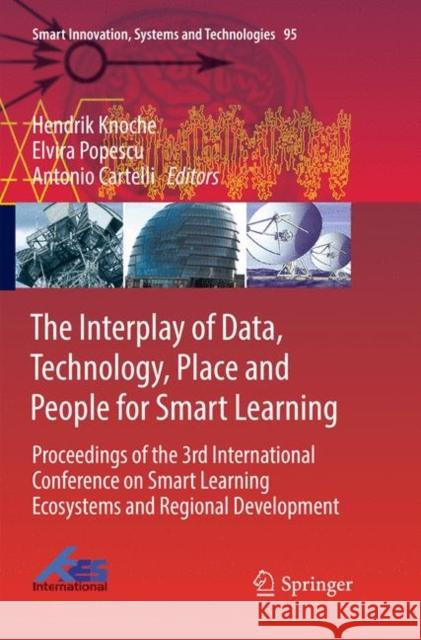The Interplay of Data, Technology, Place and People for Smart Learning: Proceedings of the 3rd International Conference on Smart Learning Ecosystems a » książka
topmenu
The Interplay of Data, Technology, Place and People for Smart Learning: Proceedings of the 3rd International Conference on Smart Learning Ecosystems a
ISBN-13: 9783030063504 / Angielski / Miękka / 2019 / 188 str.
The Interplay of Data, Technology, Place and People for Smart Learning: Proceedings of the 3rd International Conference on Smart Learning Ecosystems a
ISBN-13: 9783030063504 / Angielski / Miękka / 2019 / 188 str.
cena 603,81
(netto: 575,06 VAT: 5%)
Najniższa cena z 30 dni: 578,30
(netto: 575,06 VAT: 5%)
Najniższa cena z 30 dni: 578,30
Termin realizacji zamówienia:
ok. 22 dni roboczych.
ok. 22 dni roboczych.
Darmowa dostawa!
Kategorie:
Kategorie BISAC:
Wydawca:
Springer
Seria wydawnicza:
Język:
Angielski
ISBN-13:
9783030063504
Rok wydania:
2019
Wydanie:
Softcover Repri
Numer serii:
000405987
Ilość stron:
188
Waga:
0.29 kg
Wymiary:
23.39 x 15.6 x 1.09
Oprawa:
Miękka
Wolumenów:
01
Dodatkowe informacje:
Wydanie ilustrowane











